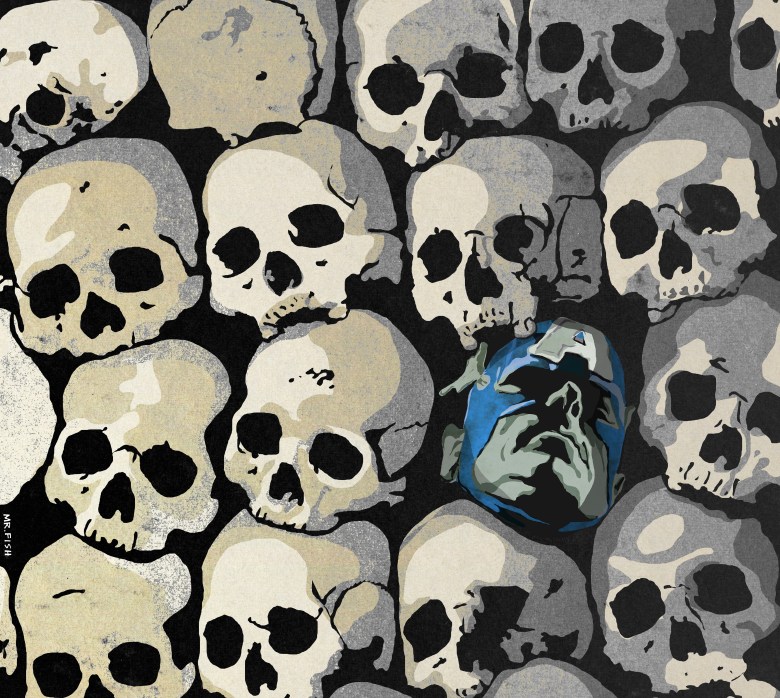My child and I just had an interesting chat about the easing of mask mandates. Her main concern is that it will create an environment of division at her school, where kids are ridiculed if they choose to mask.
I tried my best to reassure her. I hope that staff and admin will do their best to encourage an environment of empathy and mutual understanding.
We all need to do the same.
For me, this starts with giving up my own reflexive attitudes about unmasked people, associating them with right-wing ignorance and such.
The CDC has designated the county where I live as having a “low community level” for COVID. Their guidance for our county is “Wear a mask based on your personal preference, informed by your personal level of risk.”
It seems to me that those of us who have been saying we “believe in science” and “the CDC is the authority” when it came to immunizations and shots throughout the pandemic, have an obligation to refrain from criticism of folks who follow CDC guidance now by not wearing a mask.
Our household will likely still mask in public for the most part, at least for awhile, as we have a lot of close contact with family members who have compromised immunity. I will refuse to accept anyone giving us grief about that, and you should pray that God will protect you if you are hostile toward my child about it.
But those of us who have been cautious throughout the pandemic, and who framed things largely as a struggle against the ignorance of others, might do well to ease up on judging our neighbors in the coming weeks.
If you’d like to check the community level for your own locale, here’s the tool from the CDC website.


